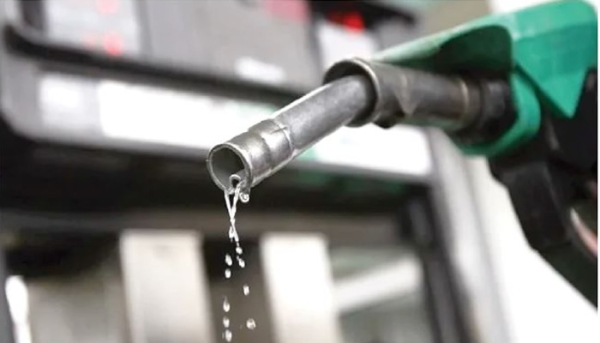As fuel consumption plummets nationwide due to soaring prices, oil marketers have expressed concerns over significant losses, with around 10,000 oil dealers about to shut down.
Data from the Nigerian Midstream and Downstream Petroleum Regulatory Authority indicate that fuel consumption dropped to 4.5 million litres per day in August 2024, down from 60 million litres per day in May 2023—a staggering 92 per cent decline.
The data also show that only 16 out of the 36 states received fuel from the Nigerian National Petroleum Company Limited in August, leading to widespread shortage.
Since President Bola Tinubu announced the removal of fuel subsidy in May 2023, petrol prices have surged by about 488 per cent, rising from N175 to over N1,000 by October 2024.
The continuous price hikes have strained the economy, driving up transport costs and fuelling inflation, as struggling Nigerians lament the hardship. The situation has also forced many motorists to abandon their vehicles, opting instead for public transportation.
The national leadership of the Petroleum Products Retail Outlets Owners Association of Nigeria said the drop in fuel consumption had caused the association huge losses, adding that about 10,000 of its members were on the verge of shutting down.
Speaking with Sunday PUNCH, the PETROAN National Public Relations Officer, Dr Joseph Obele, said the cost of a truckload of PMS had moved from N7m to N47m in the last 16 months.
“Three days ago, there was a meeting at the national headquarters of PETROAN. At the meeting, there was, an indication that about 10,000 of our members would quit business in the next 45 days because their trading capital had been severely affected,” Obele stated.
He claimed that the affected marketers had a total staff strength of about one million.
“That was why we wrote a letter to Mr President, dated October 21, requesting a grant of N100bn to save the affected marketers’ businesses from shutting down in the next few weeks.”
The President of the Independent Petroleum Marketers Association of Nigeria, Abubakar Maigandi, also confirmed that there had been a reduction in fuel consumption, adding that members of the union were equally affected.
He said, “There is a drop in consumption and the price of a truckload is higher now. So, we have reduced the quantity of fuel we buy. For instance, someone who bought 10 trucks before can only buy eight now. So, we haven’t been getting the right quantity that we are supposed to get. We sell only the little quantities we get.”
The leadership of the Nigeria Union of Petroleum and Natural Gas Workers said the inability of oil marketers to buy products had resulted in job losses for truck drivers and petrol station workers in the country.
In an interview with our correspondent, the NUPENG Secretary-General, Mr Afolabi Olawale, said, “The economy is not smiling at all. Many petrol station owners cannot even buy a single truckload, and this has affected our members. Those of them that are truck drivers hardly get loads to carry anymore. Many petrol stations have closed down and our members who are petrol station workers have lost their jobs.”
When asked to give the actual number of NUPENG members affected, Olawale said, “This is an unfolding situation. It’s evolving, so I may not be able to give you the actual number of people affected now because we have those in the informal and formal sectors. We have people in the upstream, downstream, and midstream. But I don’t have the statistics right here with me to give you.
“Though everybody is affected, those in the downstream are the most affected. It affects those in the downstream sector directly because they are truck drivers, station workers, and the representatives of the marketers at different depots.”
Obele said the hike in fuel price had also blocked the cross-border racketeering of the product.
[Punch]


